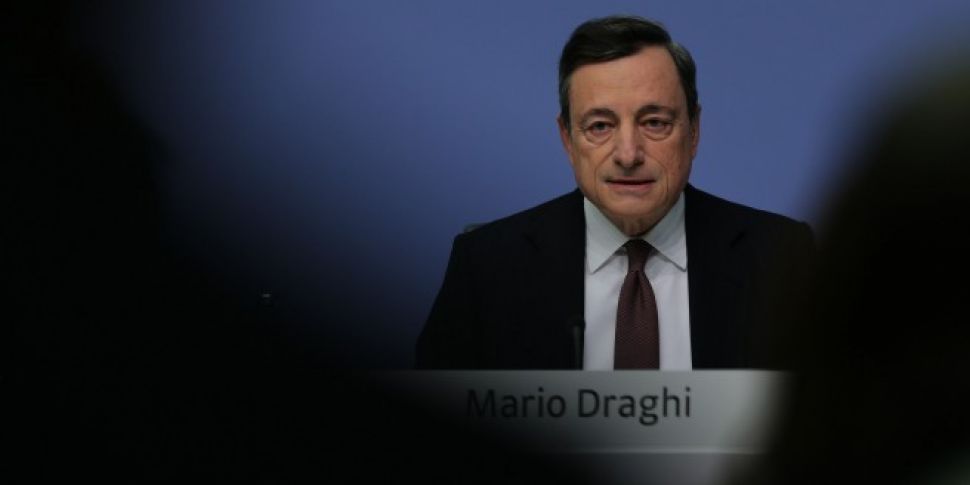The role of the European Central Bank (ECB) in recent eurozone bailouts has been criticised in a new report from anti-corruption NGO Transparency International.
The ECB is mandated to use its powers to ensure price stability with a target inflation rate of 2%. This report believes that it has pushed its rights to intervene to a "breaking point" during bailouts in the wake of the 2008 financial crisis.

The bank co-operated with the review which reports that in its opinion, "The ECB’s accountability framework is not appropriate for the far-reaching political decisions taken by the governing council."
It argues that the bank was granted "an extraordinary degree of latitude" when wading in to take on financial crises in Ireland, Portugal, and Greece.
Transparency International recommends that the ECB should withdraw from the 'troika' and no longer take part in monitoring these bailouts.

It highlights episodes when "secret" letters were sent to leaders to influence policy decisions.
This included when a, "2011 letter to the Irish Finance Minister threatened to end ELA if Ireland did not submit to a bailout programme, which brought intrusive reform conditionality and goes far beyond the ECB’s narrow mandate." The document triggered the Irish Government's formal bailout request.
The report is particularly critical of its dealing with the Greek crisis.
"The ECB's discretionary powers allowed it to put pressure on Greek banks while negotiating bailout reforms with the Greek government as part of the Troika of international creditors," it notes.
"Similar dynamics could play out in the upcoming negotiations with Greece, and with the current recapitalisation of Italian lender Monte dei Paschi di Siena, which threaten the euro zone’s current fragile stability," it continued.
The report concluded that the ECB needs greater supervision and more transparency to make sure it does not take actions which go beyond its mandate and to improve public confidence in the institution.
Reaction
ECB President Mario Draghi welcomed the report and its recommendations.
"It is the duty of European institutions to further strengthen their legitimacy both by reinforcing their democratic accountability and by showing that they meet the objectives they’ve been entrusted with," he commented.
The bank added that some of these changes "have already been implemented, such as publishing decisions, opinions and recommendations as well as providing information on meetings with industry representatives."









